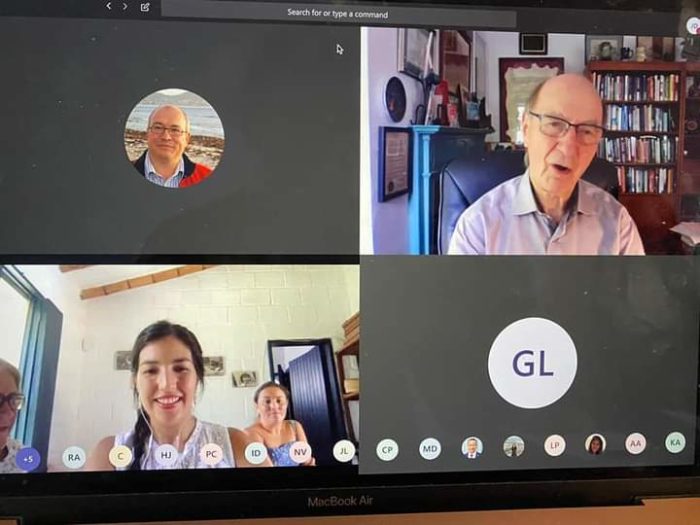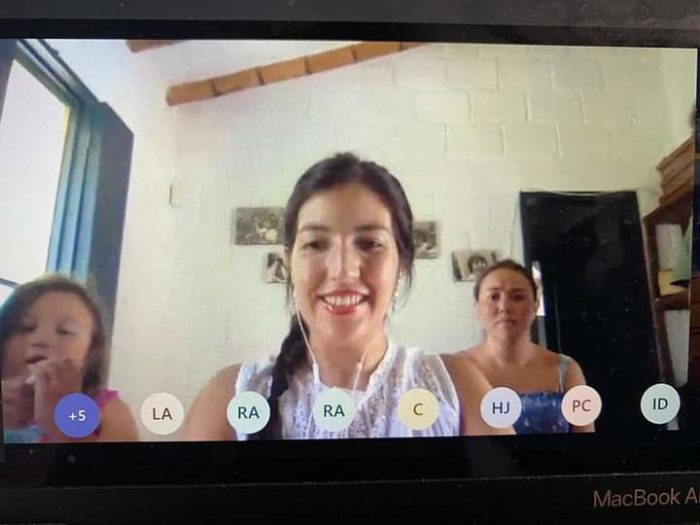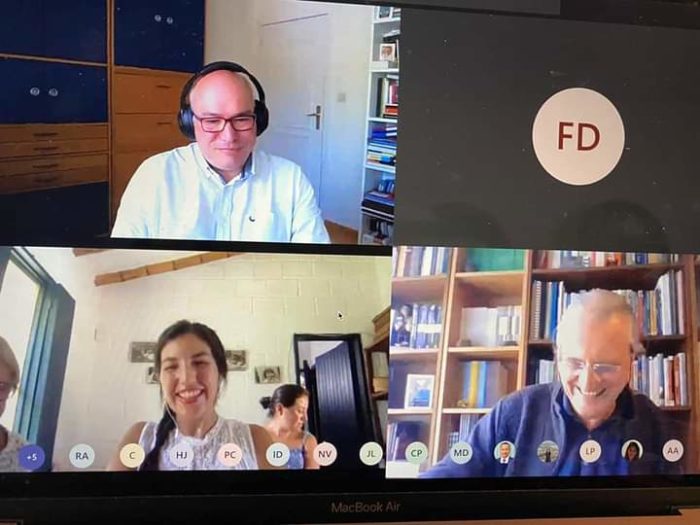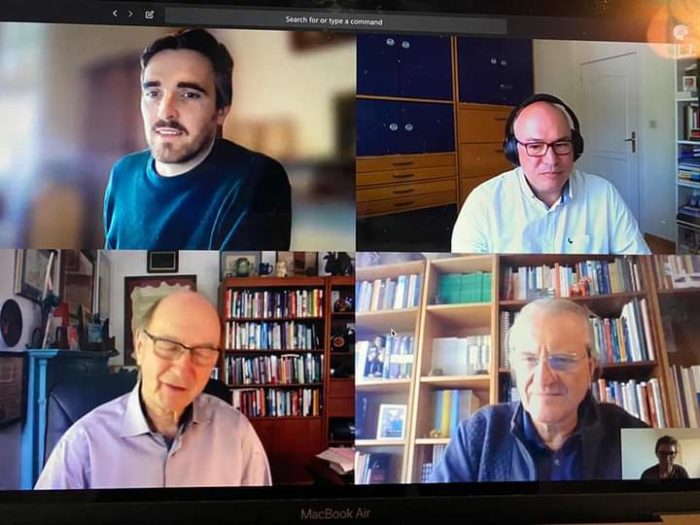Maria Camila Ospina
DISSERATATION TITLE:
Children in the Context of Armed Conflict:
From Victimization to Peace Promoting Narratives
This PhD thesis is based on action research that aims to transform the hegemonic narratives about children in early childhood from families that have been involved in the armed conflict in Colombia. These hegemonic narratives, that have been constructed, legitimized and reproduced within this context of armed conflict, position children as victims and in some cases as aggressors from their first years of life on. In these narratives, their experiences, knowledge, needs, and expectations are considered as immature, and have been left aside, putting the children in a state of dependency and passivity in relation to adults. In the history of the Colombian armed conflict, society has assigned children a role in which violent or aggressive practice is reproduced and repeated, not accepting them as subjects with a creative capacity for building peace. The aim of this thesis is to transform the victimization of these children into narratives that contribute to the realization of peace.
The research has been carried out in in the cities of Bogotá and Pereira in Colombia. It started from the victimizing literature about these children in early childhood and the lack of recognition of their creative potential for peace-building. In response to this, the objective of the research was to understand the effects of the armed conflict as suffered by the children, their families, and their educators; to understand their resources of defense against these effects, and their potential to contribute to peace-building. In this sense, the research illuminated the peace-building potential already present in children’s relational practice in the context of the armed conflict. It provides an educational approach, that contributes to peace-building from children’s early years on, based on potentials and future possibilities by setting in motion a process of action research pursued by the children’s narratives and relational practice, as well as those of their families, educators and other community agents. Inspired by social constructionist and narrative theories, an educational approach has been developed, that fosters the strengthening of individual, relational and collective potential for peace-building, and that promotes strategies which break through the circles of violence that contribute to naturalizing and internalizing the violence of the armed conflict.




